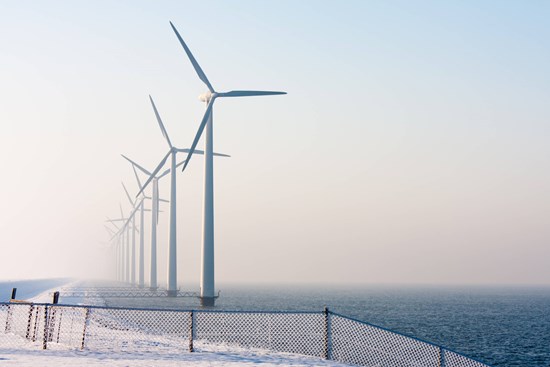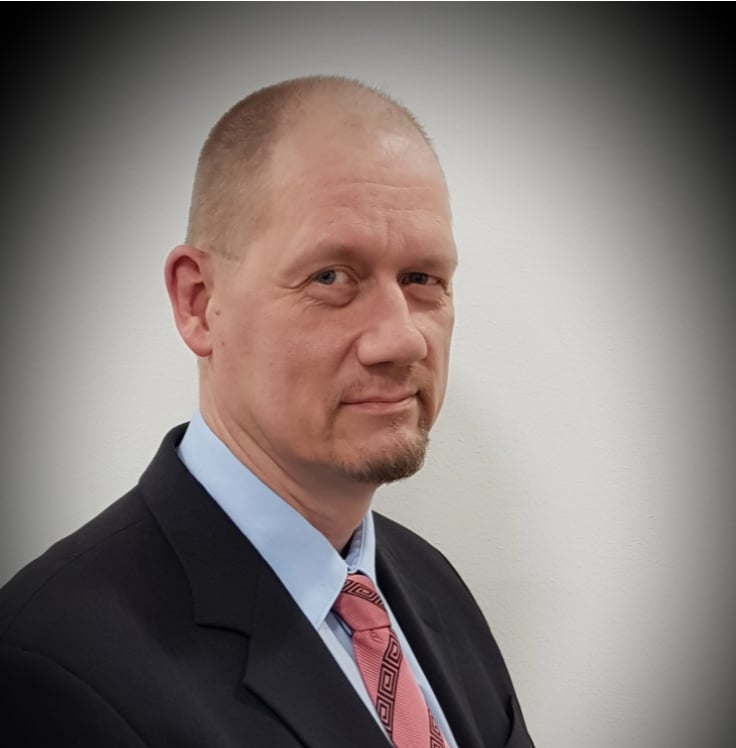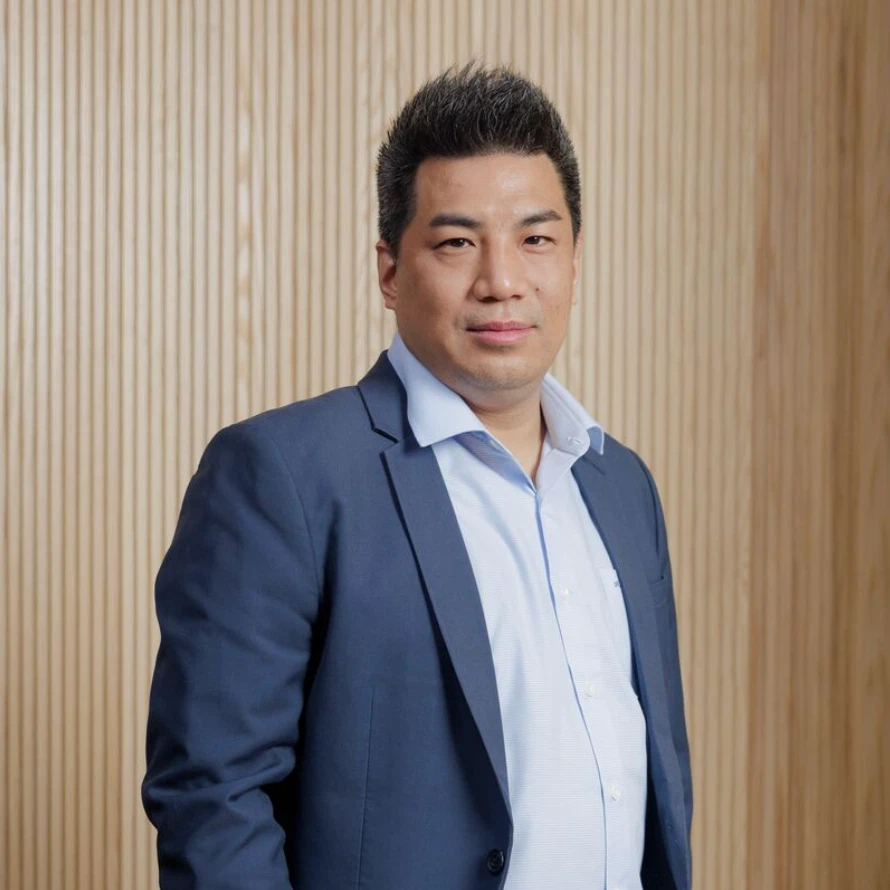Finland, the happiest country in the world, talks about how to create energy in the future

Finland, which has been ranked first in the happiness ranking for eight consecutive years, is attracting attention for its unique efforts to realize a sustainable society. While the spread of renewable energy is progressing, the challenge is how to maintain the stability of electricity. Finland aims to build a flexible energy system, and renewable energy and decarbonization are common themes in Japan.
Finland aims to achieve carbon neutrality by 2035 and Helsinki by 2030 towards decarbonization. As of 2024, 95% of its electricity is generated from fossil fuel-independent electricity.
This time we spoke with Nicolas Leong, who oversees North and Southeast Asia at the Finnish energy company Wärtsilä , and Jussi Åkerberg, who leads the Flexible Energy Program of Business Finland. We will explore the possibilities of Finnish and Japan technologies and ideas to create value from solving social issues to new business opportunities.
The Present and Future of Flexible Energy Systems
Nicolas Leong, Director of Energy Business,North and Southeast Asia, Wärtsilä, what is your approach as the transition to renewable energy progresses?
The global energy situation is accelerating the transition to renewable energy sources such as solar and wind power. Many countries, including Japan, rely on coal and gas, but their share is gradually decreasing, and the proportion of renewable energy is increasing. However, renewable energy has the problem of not being able to generate electricity stable.
We live our lives with the expectation that electricity will always turn on when we turn on the switch, but it is difficult to cover it with renewable energy alone. During the transition period, it will be difficult to provide a stable supply of electricity using renewable energy alone, so backup power sources and technologies that flexibly adjust the amount of power generated will be essential.
Wärtsilä has developed an engine-based power generation technology that allows for flexible adjustment of output, and when renewable energy power is not available, it is immediately operational, and when it is available, the output is reduced. This ensures the stability of electricity while promoting the introduction of renewable energy even in small cities.
In addition, we have already introduced a gas engine that can co-fire natural gas and hydrogen, and last year we announced an engine that runs on 100% hydrogen. We are also focusing on research and development of sustainable and low-carbon fuels to achieve decarbonization.
Please tell us about your specific initiatives and projects
I have worked on modeling and planning power systems in more than 200 countries and regions. We are conducting simulations using technologies that balance the amount of renewable energy generated and electricity demand according to each geography and resource situation. By doing so, we plan the optimal power generation capacity for that country or region. It is important to judge which technology to use where, and to determine which technology to use in the right place. We believe that our mission is to find and propose the best combination for the future.
In Japan, we have introduced flexible power and heat supply solutions at Toyosu Market and Saitama Stadium. Recently, we have provided our engines to Tokyo Gas' power plants and aim to increase the renewable energy ratio to 40~50% by 2040 (press release).
Globally, we provide power generation solutions for data centers in the United States and the United Kingdom (press release). The huge demand for data from AI services like ChatGPT has led to the construction of data centers, leading to a surge in electricity demand. In Japan, where demand for AI and semiconductors is increasing, we would like to work with local partners to solve similar issues.
What are the unique strengths of Finnish companies?
I feel that Finland and Japan have a common understanding in terms of understanding technology and commitment to accuracy.
We have valued the attitude of "listening, finding solutions together" and have adapted flexibly while respecting culture and values. I myself have lived in Japan and have been exposed to the local culture and work style while learning Japanese. I realize the importance of flexibility to incorporate new values while respecting Japan's traditions. Cooperation with Tokyo Gas and other Japan partners is also to grow together and build a sustainable future.
Please give a message to everyone in Japan!
The energy transition takes time. This is not a 100m run, it's like a relay marathon. Generators, regulators, companies, researchers, and others need to pass the baton across the energy ecosystem.
I feel that Japan is a society that values tradition and adopts new values. I am confident that we can create new value by combining it with Finnish experience and technology. Wärtsilä doesn't think she can solve everything alone. I would like to value relationships where we can have open discussions and build mutually beneficial cooperative relationships through dialogue.
Finland's goal of future energy utilization

Jussi Åkerberg, Head of Flexible Energy Systems, Business Finland, please tell us about the initiatives and examples you are focusing on
We are particularly interested in energy solutions for data centers. The advancement of AI has increased the demand for data processing and storage, accelerating the construction of data centers worldwide. Finland is highly regarded for its stable power grid, abundant renewable energy, cool climate, large land, excellent human resources, and a widely spoken English.
We are also working to add social value to data centers. For example, waste heat is reused for district heating and cooling, and it is used to balance electricity supply and demand. As the renewable energy ratio increases, the supply becomes unstable, but data centers play a role in balancing the fluctuations. On these themes, we are promoting collaboration with stakeholders in Japan and overseas through networking, webinars, and market research.
What are Finland's strengths?
The first thing I would like to mention is the penetration rate of smart meters. In Finland, every household has a smart meter that allows you to check your electricity usage in real time. Consumers can adjust their usage as rates fluctuate, and utilities can quickly respond to power outage detection and restoration.
In addition, we combine various energy sources such as solar, hydro, nuclear, wind, geothermal, heat pumps, and heat storage to create a balanced energy system. Finland's goal is to create an optimal energy mix that does not depend on a single energy source and takes advantage of the characteristics of each.
Please tell us if you have any projects or initiatives with Japan
Our first project was related to smart cities in Osaka. The Finnish National Technical Research Center (VTT) has strong relationships with Japan companies and is working with them to promote it.
We also provide financial support to the "Leading Company Ecosystem". This is a mechanism in which major global companies take the lead and form a collaborative network with small and medium-sized enterprises and research institutions based on the roadmap. The Flexible Energy Systems program collaborates with the Sumitomo NZEE ecosystem to integrate disciplines and connect them to a larger energy system to optimize sustainable energy production.
In addition, Toyota is conducting demonstration experiments of hydrogen buses and hydrogen vehicles in Finland. Finland is actively promoting the production and use of green hydrogen, with the first plant already in operation and the next investment project underway. I hope that these trends will further enhance cooperation with Japan.
Please give a message to everyone in Japan!
Finland is a small country, but it is a skilled and reliable partner. We value a culture of getting projects done. Collaboration should be a two-way street, not a one-way street. I would like to build new value together by combining each other's strengths, including the expansion of Japan companies into Finland. At this Osaka-Kansai Expo, we introduced Finnish companies and know-how. We look forward to forming new partnerships in Japan.
The introduction of renewable energy and decarbonization are global challenges. What emerged from this dialogue is Finland's "flexible and reliable energy system" and "willingness to cooperate."
Energy and sustainability challenges cannot be solved by one country alone. The relationship of trust that Japan and Finland build through their wisdom will provide hints for solutions for the future.
Flexible Energy Systems Program
Decarbonized Cities Program
This news is a summary of an article from the NOTE platform.
Interview and text: Kazuma Tamura
